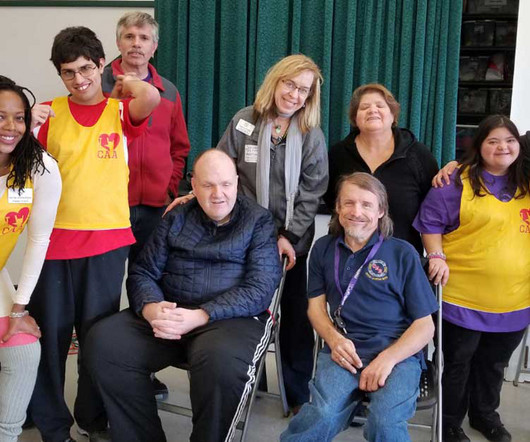How Workplace Design Can Help Attract Gen Z
Allwork
AUGUST 18, 2022
Born between 1997 and 2012, Generation Z currently makes up 30 percent of the world’s population and is expected to make up 27% of the workforce by 2025. Owing to their extensive exposure to various employment options, Generation Z is not accepting subpar working environments. How to improve mental health in the workplace.













Let's personalize your content